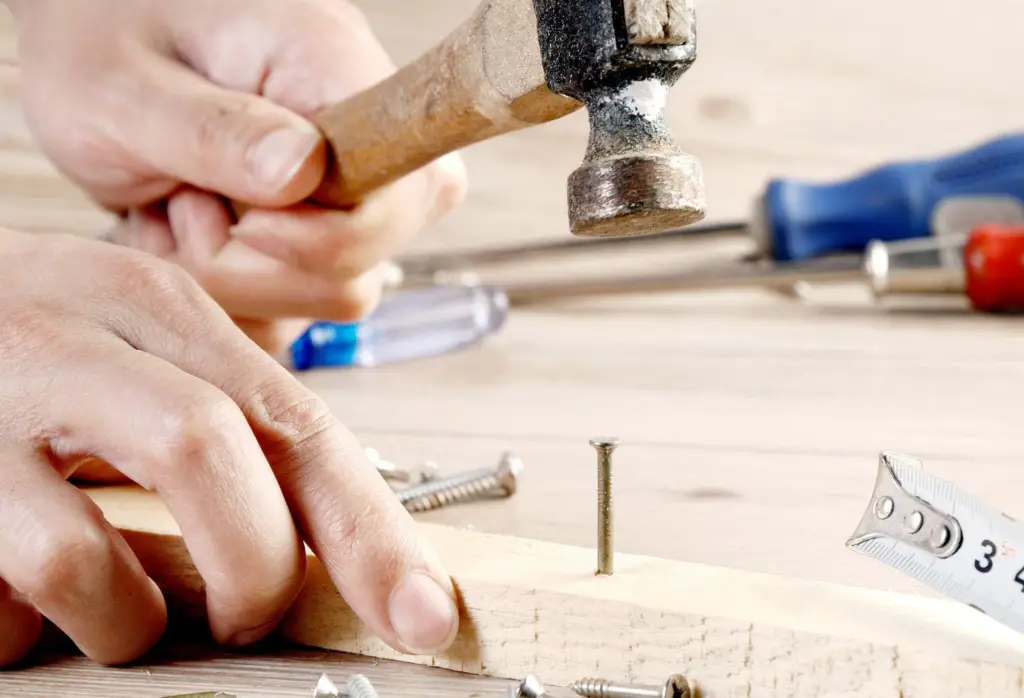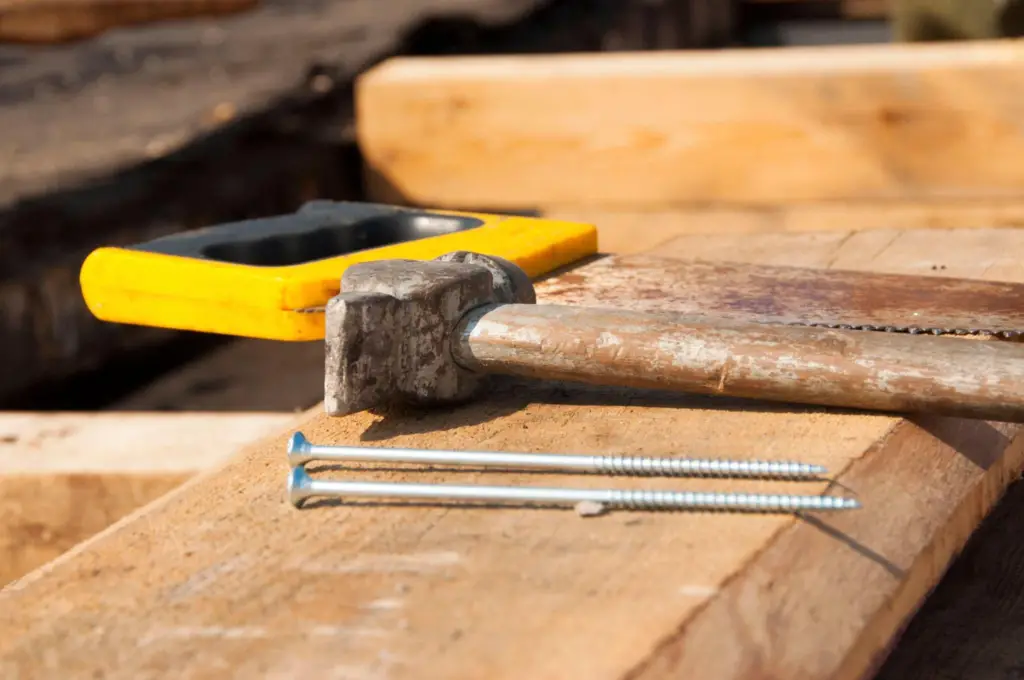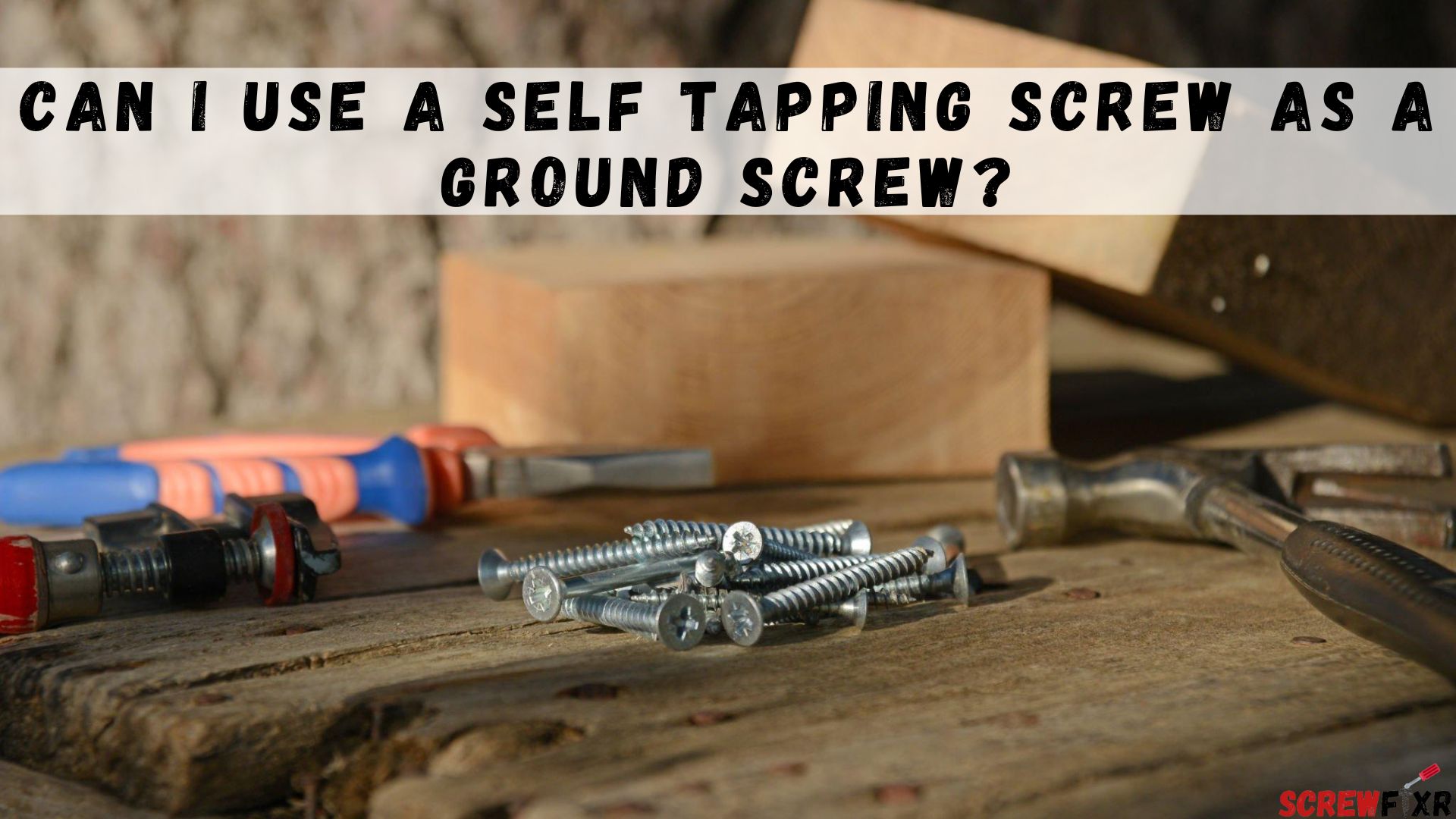When it comes to electrical wiring, safety is of utmost importance. Grounding is an essential component of any electrical system as it helps to protect against electric shocks, short circuits, and electrical fires. A ground screw is a crucial element in any grounding system as it connects the circuit to the ground. One question that is often asked is can I use a self tapping screw as a ground screw.
We’ll take a closer look at this question and provide you with the information you need to make an informed decision about whether a self-tapping screw can be used as a ground screw.
Can I Use A Self Tapping Screw As A Ground Screw?

The answer to this question is not a simple “yes” or “no.” It depends on the application and the requirements of the grounding system. Self-tapping screws are commonly used in various applications, including woodwork, metalwork, and electrical systems. But they can be used as ground screws depends on the application and the system’s requirements.
Types of Ground Screws

Here are some of the different types of ground screws:
Helical Ground Screws: These screws are the most commonly used ground screws and consist of a helix-shaped plate welded to a steel shaft. They are driven into the ground using a hydraulic torque motor and are ideal for use in soft soil conditions.
Concrete-In Ground Screws: These ground screws are similar in design to helical screws, but instead of a helix-shaped plate, they have a flat or square-shaped base that is cast in concrete. These types of ground screws are used when the soil is too hard for helical screws.
Grouted Ground Screws: The design of these screws is similar to concrete-in screws, but instead of being cast in concrete, they are set in place using a grout mixture. Grouted ground screws are typically used in applications where the soil is too soft or unstable for concrete-in screws.
Rock Anchors: These ground screws are unique in that they are made to be utilized in hard soil or rock. They are typically made from high-strength steel and are drilled into the rock or soil using specialized equipment.
Screw Piers: These are heavy-duty ground screws that are designed to support large structures, such as bridges and commercial buildings. They are typically made from high-strength steel and have a larger diameter than standard helical screws.
Guy Anchors: These ground screws are designed to anchor guy wires, which are used to support structures such as power poles and transmission towers. Guy anchors typically have a helical plate at the bottom and a threaded rod at the top, which is used to attach the guy wire.
Can Self Tapping Screws Be Used as Ground Screws?

As we mentioned, a self-tapping screw can be used as a ground screw depending on the application and the requirements of the grounding system. In some cases, a self-tapping screw may be suitable for use as a ground screw. But, there are certain factors that must be considered.
Material
The material of the screw is an important factor to consider. Ground screws are usually made of brass or zinc, which are good conductors of electricity. Self-tapping screws can be made of different materials, and not all materials are suitable for use as ground screws.
Size
The size of the screw is another important factor to consider. Ground screws must be the right size to ensure a secure connection to the circuit and the ground. Using a self-tapping screw that is too small may not provide a secure connection, which can be dangerous.
Application
The application is the most critical factor to consider when determining whether a self-tapping screw can be used as a ground screw. Self-tapping screws can be used in various applications, but they may not be suitable for use as ground screws in all applications.
FAQ

Can I use any screw as a ground screw?
No, not all screws are suitable for use as ground screws. Ground screws must be made of conductive materials and be the right size to ensure a secure connection to the circuit and the ground.
What happens if I use the wrong screw as a ground screw?
Using the wrong screw as a ground screw can be dangerous. It can result in an unstable connection, which can cause electric shocks, short circuits, and electrical fires.
Can I use a self-tapping screw as a ground screw in a DIY project?
It depends on the project and the requirements of the grounding system. If the project is small and the system’s requirements are minimal, a self-tapping screw may be suitable for use as a ground screw. If the project is more complex and requires a more secure connection, it’s best to use a grounding screw specifically designed for that purpose.
Can I use a self-tapping screw as a ground screw in a commercial or industrial setting?
It’s not recommended to use a self-tapping screw as a ground screw in a commercial or industrial setting. In these settings, the grounding system requirements are more strict, and it’s best to use grounding screws specifically designed for that purpose.
Conclusion
Whether a self-tapping screw can be used as a ground screw depends on the application and the requirements of the grounding system. Self-tapping screws can be suitable for use as ground screws in some applications, but it’s important to consider factors such as material, size, and application. If you’re unsure whether a self-tapping screw is suitable for use as a ground screw, it’s best to consult a qualified electrician or an expert in electrical systems. Electrical safety is critical, and it’s essential to ensure that your grounding system is installed correctly and maintained to protect against electric shocks, short circuits, and electrical fires.
You Might Also Like:
How Long Will Zinc Screws Last Outside


